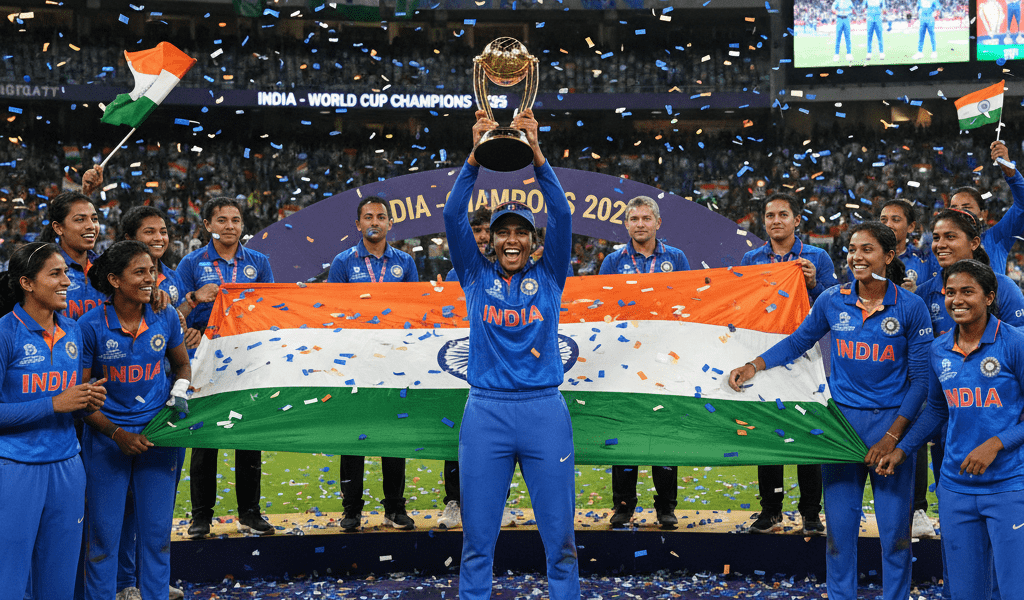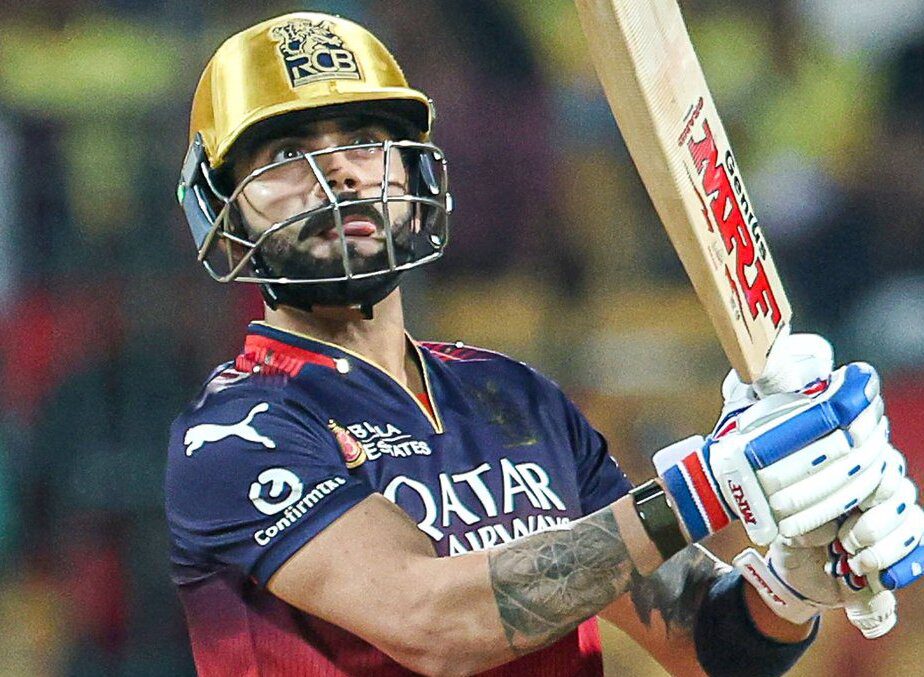In a surprising move that has caught the attention of cricket fans and digital rights activists alike, Instagram has blocked access to the official accounts of several prominent Pakistani cricketers, including Babar Azam, in India. The move comes in the wake of the recent terror attack in Pahalgam, Jammu and Kashmir, which claimed the lives of 26 people.
Background: The Pahalgam Terror Attack
The tragic attack in Pahalgam triggered a wave of national outrage and condemnation across India. In its aftermath, the Indian government ramped up its efforts to curb the spread of potentially provocative or harmful content originating from across the border. As part of this digital crackdown, legal requests were sent to various social media platforms, urging them to restrict access to certain Pakistani profiles and pages within Indian territory.
Instagram’s Compliance
Meta, the parent company of Instagram, responded to the Indian government’s legal notice by restricting access to several accounts, including those belonging to cricket stars Babar Azam, Shaheen Afridi, and Mohammad Rizwan. When Indian users attempt to view these profiles, they are met with a message stating: “Account not available in India. This is because we complied with a legal request to restrict this content.”
Who Else Was Affected?
Apart from Babar Azam, several other Pakistani celebrities, including singer Atif Aslam and actor Fawad Khan, have reportedly faced similar restrictions. This broad crackdown on Pakistani content is not limited to Instagram alone. Dozens of Pakistani YouTube channels have also been blocked in India over the past few weeks.
Reactions and Public Response
The ban has drawn mixed reactions. While some in India see it as a necessary step to prevent inflammatory content, others question its effectiveness and implications for free speech and digital access. Fans of Babar Azam have expressed disappointment over not being able to view updates from one of cricket’s most admired players.
Broader Implications
This move highlights the growing intersection between geopolitics and digital policy. Social media platforms are increasingly being called upon to navigate complex legal and national security landscapes. For Indian users, it raises questions about content accessibility and censorship. For Pakistani creators and celebrities, it underscores the fragility of their digital outreach in international markets.
Final Thoughts
As the dust settles around this incident, the broader conversation around digital censorship, national security, and cross-border content regulation is likely to intensify. Whether this ban is a temporary measure or part of a long-term policy remains to be seen, but it undoubtedly signals a new chapter in how nations manage digital influence and information flow in a polarized world.




